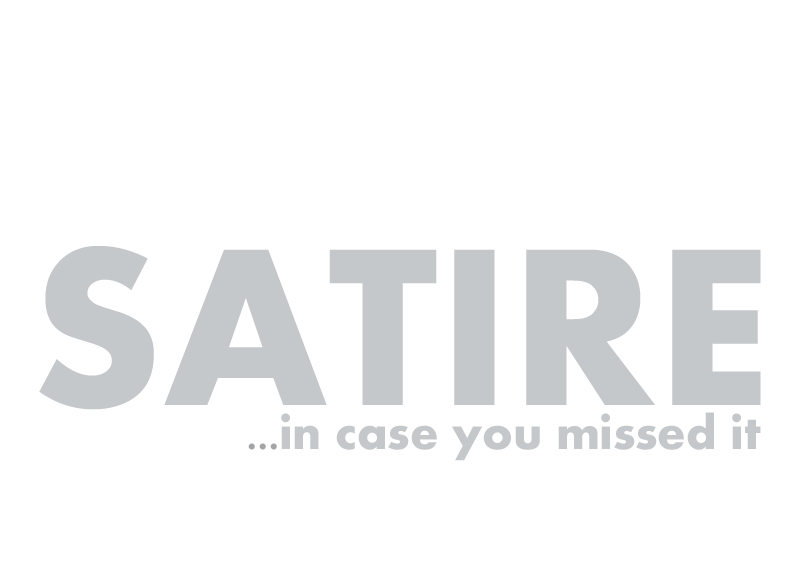Cambridge, MA • ICBTS News
A grieving family–unable to visit a dying loved one during her final hours because of Covid concerns–gave tribute to their recently departed aunt, Hermione Saxville, in a way that confirms the results of a recent Hollick University Study: the less you know about science, the more willing you are to believe in scientists.
“Hermione believed in the science,” reported her nephew, Jeff. “She wore five masks at a time when Dr. Fauci was calling for none, and then just one. She sterilized every surface, took two Monderna jabs and an experimental booster. She had a Plexiglas barrier covering her apartment door. She wore a mask alone in her car. She even lectured the corner undocumented flower vendor for selling carnations during the lock-down.”
“But in the end,” Jeff said, sadly. “the disease was just too much for her.”
“Yes,” he continued, “she was at least two hundred pounds overweight, with failing kidneys, diabetes, hypertension, and joint failure, but she trusted the scientists with all her heart.”
When asked what prompted such devotion to the empirical data, and trust in the scientific method, Jeff looked startled.
“That,” he said, “is a GREAT question. She flunked Algebra her junior year in high school. Come to think of it, she bragged about getting out of a biology course in her senior year, by giving a certain favor to…” His voice trailed off. “That IS interesting. She trusted science a LOT but she never actually studied it.”
Jeff’s bemused reaction mirrors data being tabulated by researchers at Hollick University. Apparently, people who have never had to study organic chemistry are far more likely to trust just about anything said about organic chemistry. People who have never studied virology are far more likely to take vaccines. People who have never solved for two variables are far more likely to let scientists subject them to thousands of organic variables.”
“It’s really what we were hoping for,” said one anonymous Hollick University researcher. “Faith in science by the unwashed has a lot of social utility, especially on the funding front.”
